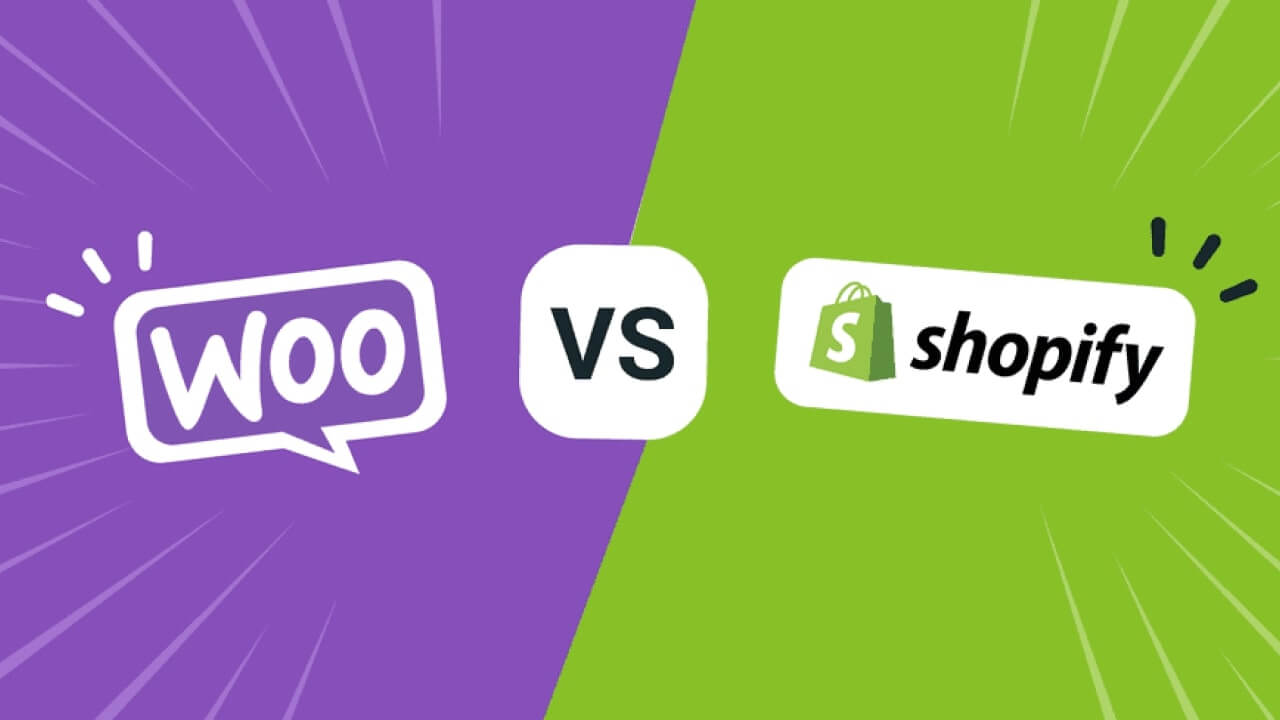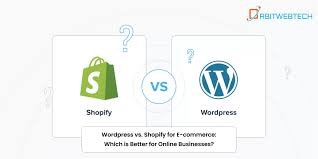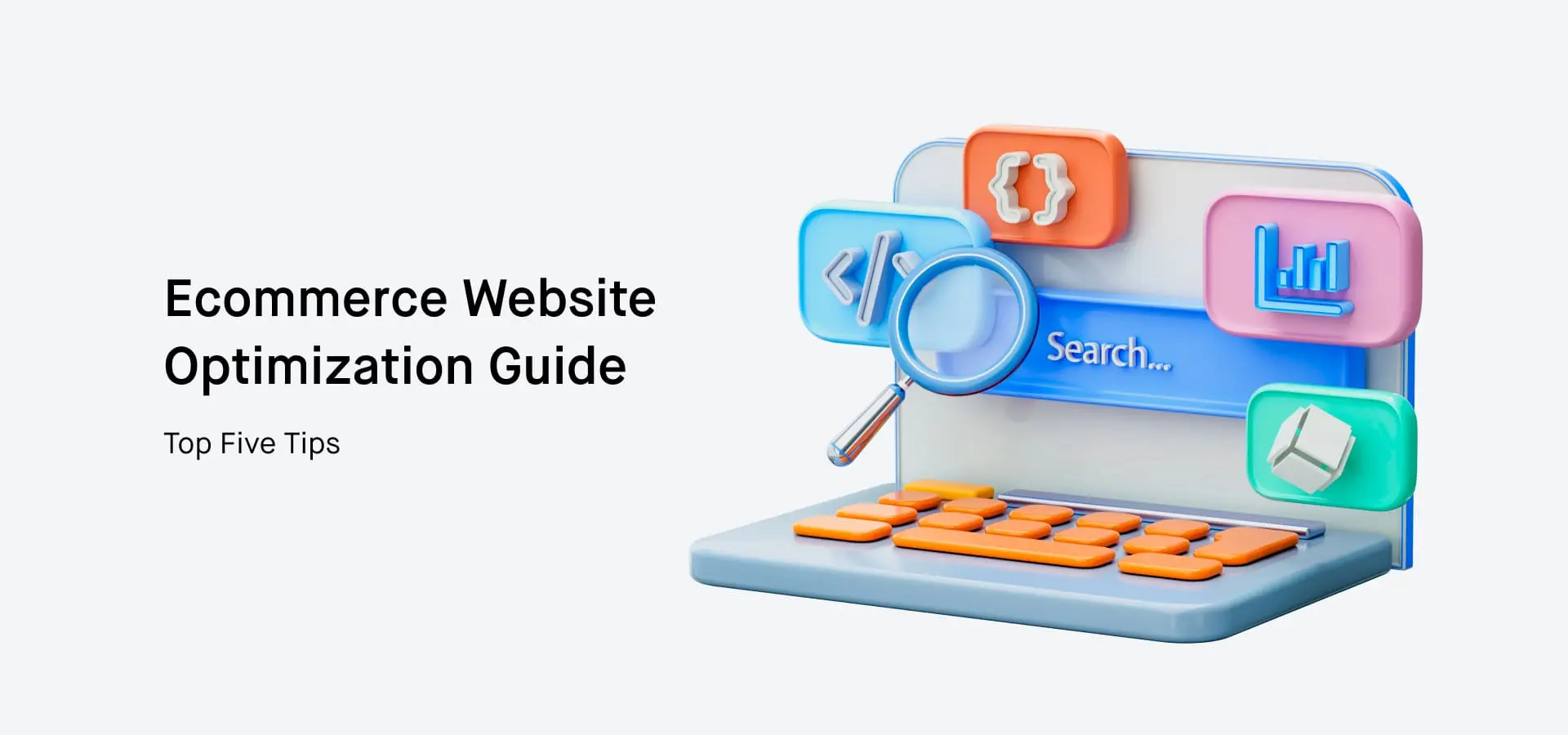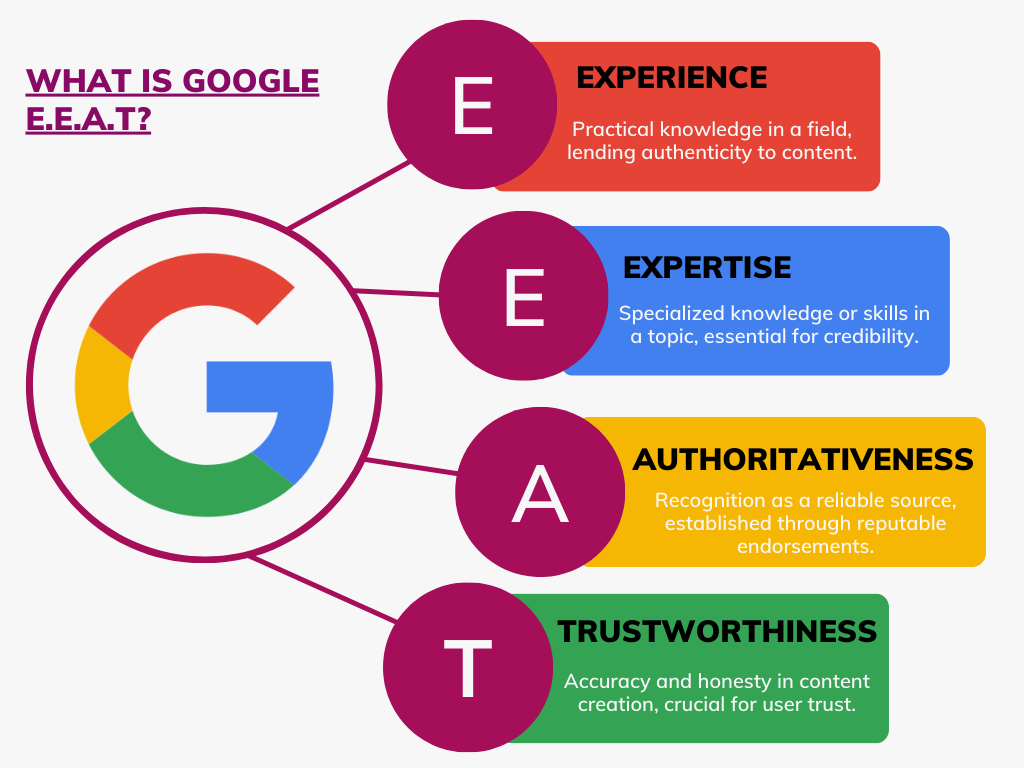Shopify vs. WordPress. Make the Right Choice for Your Business

Finally, you decided to turn your passion into a thriving online store. You sat down with your laptop, the excitement coursing through your veins, and feeling ready to build your e-commerce business. But wait, something is blocking your way: which platform should you choose, WordPress or Shopify?
You read through different articles to get an answer, but each one of them pulled you in different directions. Sipping down your coffee, you realize this decision will shape your entire business journey. A wiser choice means fewer headaches, better growth, and more sales. A wrong choice will lead to the opposite circumstances.
Read this blog where you will walk through a transparent and honest comparison of WordPress and Shopify, breaking down their strengths, weaknesses, and everything that you need to know. At the end, you will feel confident as you make a selection.
WordPress vs. Shopify. Which One Is The Best In Terms Of Features?

Both platforms are excellent for e-commerce. Choosing the right one is dependent on your goals, budget, and skill set. Let’s evaluate them in terms of different features.
1 Easy To Use
Starting a new business is never easy. You have to overcome steep learning curves. The platform you choose must reduce your stress rather than increase it. The user experience you get from WordPress and Shopify reflects their respective design philosophies. One is in favor of flexibility while the other prioritizes simplicity.
- WordPress: Using WordPress for e-commerce is a flexible choice, but you need to be technically friendly to use it. You must know how to manage hosting, themes, and plugins.
- Shopify: A beginner-friendly source with a drag-and-drop interface. Everything on the platform is centralized, from hosting to store design. This makes it stress-free for non-technical users.
2 The Personalization Option

The first impression of your store helps your customer to make a decision. The level of customization determines the uniqueness and engagement of the impression. There is endless freedom of creativity in WordPress, while Shopify keeps things streamlined and straightforward.
- WordPress: The list of customization options is unlimited, with access to thousands of themes and plugins. If you know coding, you can customize anything.
- Shopify: There is a limited selection of themes and an app store. The customization is limited compared to WordPress.
3 Costing
Choosing the right platform is not just about the features you are being offered. It is availing those perks by staying within the financial comfort zone. The cost varies depending on whether you prefer control over individual expenses or a bundle all-in-one solution.
| Feature | WordPress | Shopify |
| Hosting | $3–$25 per month (depends on provider) | Included in all plans |
| Domain | $10–$15 per year | $10–$15 per year |
| Themes | Free to $200+ | Free to $350 |
| Plugins/Apps | Free to $100+ each | $5–$50 per app |
| Monthly Plans | No fixed plan, pay for what you use | $29–$299 per month |
This table shows that WordPress is cheaper when managed with resources, but Shopify provides predictable monthly pricing.
4 The Payment Method And The Transition Fees
The flexible payment scale is beneficial for both customer convenience and the overall business profile. Although both platforms offer popular methods, the way they handle fees and integrations makes one option more appealing, depending on your long-term strategy.
- WordPress: With different means, you can mix and match your method of payment. Additionally, there are no extra charges apart from the payment processor charges.
- Shopify: Supports over 100 payment gateways. However, if you are not using the Shopify payment method, you will incur additional transaction fees.
5 SEO And Marketing

Visibility is the lifeline of an online business. The stronger marketing techniques and optimization tools you use, the faster you will be able to grow your audience. WordPress is known for its SEO adaptability, whereas Shopify focuses on making the basics easy for newcomers. The way they differ in this includes:
- WordPress: One of the excellent sources for SEO with plugins. You have more control over on-page optimization.
- Shopify: Comes with built-in SEO features. One of the best sources for beginners, but it is less flexible than WordPress.
6 Security And Reliability

One of the biggest concerns for online shoppers is that the data being shared is safe and secure. A trustworthy platform will make sure that not only are technical means safe, but also give you peace of mind for you and your customers. WordPress and Shopify manage all these responsibilities in different ways.
- WordPress: The security of the platform is dependent on the hosting provider and the plugins you choose. All the updates and backups are your responsibility.
- Shopify: Has built-in SSL certificates, PCI compliance, and automatic updates. All the behind-the-scenes are handled through their end.
7 Scalability And Growth
Potential growth is the backbone of sustainability. The right platform should adapt to changes as your customer base and products expand. The best thing is that both WordPress and Shopify are designed to support this expansion. However, the approaches of both sites differ in scale and simplicity. Let’s see how.
- WordPress: Highly scalable with the right hosting. Ideal for those planning to create a comprehensive, content-rich store.
- Shopify: Scales easily with pricing tiers. Ideal for product-focused stores seeking rapid growth.
8 Customer Support
The support is not just limited to answering questions. It is dependent on how quickly and effectively the issues are resolved. The choice is based on whether you choose community-driven problem-solving or immediate professional guidance.
- WordPress: Community-based support through forums, blogs, and tutorials. Your hosting provider may provide paid support.
- Shopify: Shopify for e-commerce has 24/7 customer support through chat, phone, and email. Ideal for beginners who require immediate assistance.
The Final Answer to the Question
After exploring every angle of both platforms, it is time to get an answer to the question: which platform will fit our unique business needs?
The answer is dependent on the things that matter the most. Whether you want to be flexible, simple, cost-effective, or grow with the trends. Let’s use this table and get an answer to the question.
| Factor | WordPress | Shopify |
| Ease of Use | Steeper learning curve | Very beginner-friendly |
| Customization | Unlimited with coding | Limited but straightforward |
| Cost | Flexible, can be cheaper | Predictable monthly fees |
| Payment Gateways | Wide choice, no extra fees | Many options, extra fees possible |
| SEO Control | Extensive with plugins | Good, but less flexible |
| Security | Depends on your setup | Fully managed by Shopify |
| Scalability | Extremely high with hosting upgrades | Easy with pricing tiers |
| Support | Community-driven | 24/7 professional support |
FAQs
Is WordPress or Shopify better for SEO?
When it comes to search engine optimization, WordPress wins because:
It has advanced flexibility and the availability of powerful plugins.
You can customize your page in detail with the help of these tools.
If you want complete control and long-term optimization, then WordPress is the best option.
However, Shopify is excellent for beginners who are looking for simple, ready-to-use tools that can work without technical knowledge.
Which platform is easier to use for beginners?
When it comes to ease of use, Shopify is best for beginners. You can avail all-in-one under one platform, meaning you don’t need to worry about the hosting, security, or complex setup. The drag-and-drop design tools allow anyone to launch a store quickly, even without technical experience.
On the other hand, WordPress requires you to get involved in managing the plugins, themes, and hosting separately. Although this gives freedom, it feels overwhelming at first. For those who want a smooth and stress-free start, Shopify is a great option.
Which platform offers more customization options?
For customization facility, WordPress is better than Shopify. With thousands of plugins, themes, and options, the possibilities are endless. You can build a store that can match your vision, whether it is a simple boutique or a large and complex e-commerce site.
Shopify also offers customization, but there are certain limits. Its app store and themes provide flexibility, but the users are restricted compared with other platforms. If you want creativity to be in your control, WordPress is the better option.
The Final Comment
Choosing between WordPress and Shopify is not about which one is better. It is essential to know which one aligns with your vision. If your concern is to get complete control and customization, and you are equipped with some technical skills, then WordPress is the best choice.
On the other hand, if you prefer a quick, hassle-free setup with reliable support, then your choice must be Shopify to make your journey smooth. Both platforms help in making an online business successful. However, the right choice is dependent on your goals, budget, and comfort level with using the technology. You can think of WordPress as a technique of designing your dream house from the ground up. In contrast, Shopify is moving into a fully furnished apartment. The decision is dependent on your preference.






